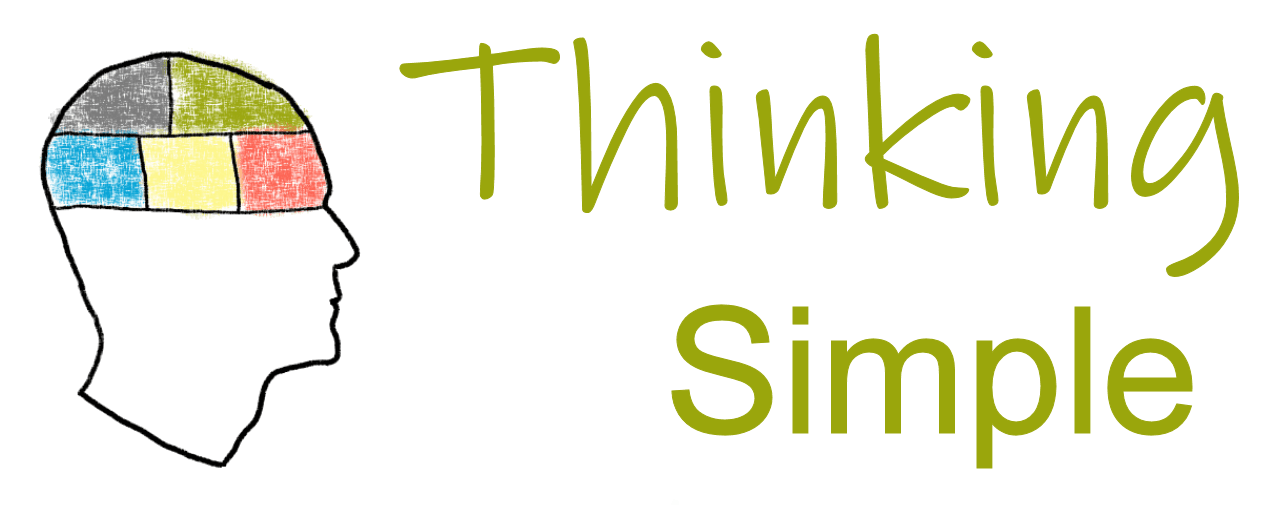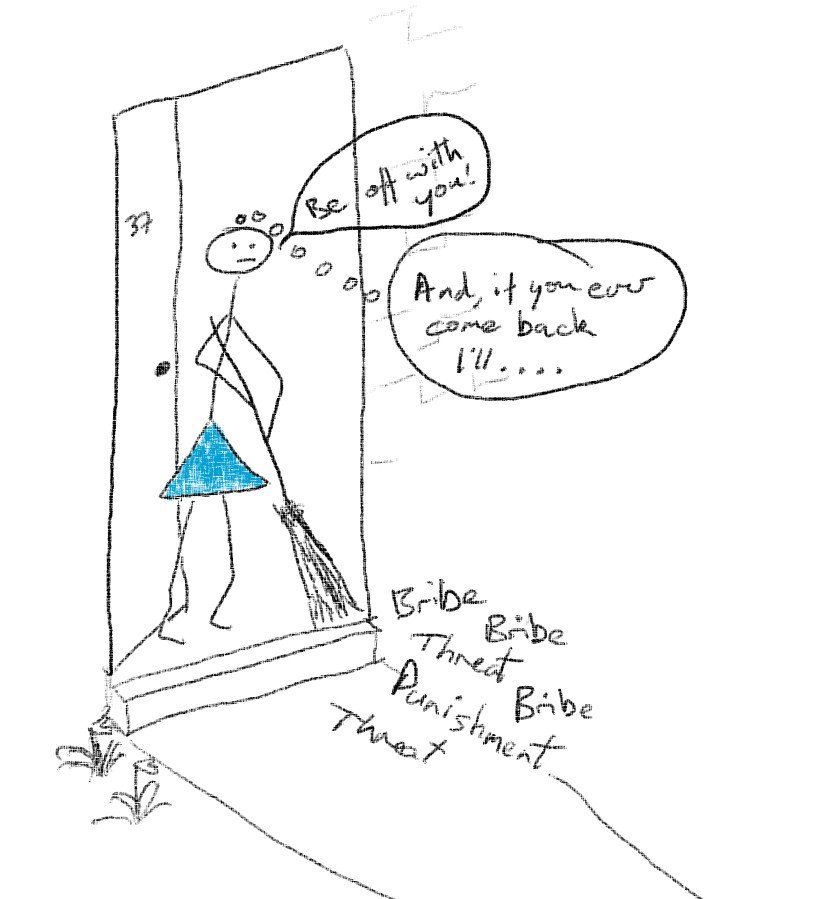
Common Mistakes Parents Make
"Learning to control the lives of other human beings is difficult"
"When it's your own children you think it should be easier"
"But it's not, it's much more difficult"
"No wonder we all make so many mistakes along the way"
Are you?...
Fuelling the Wrong Behaviours
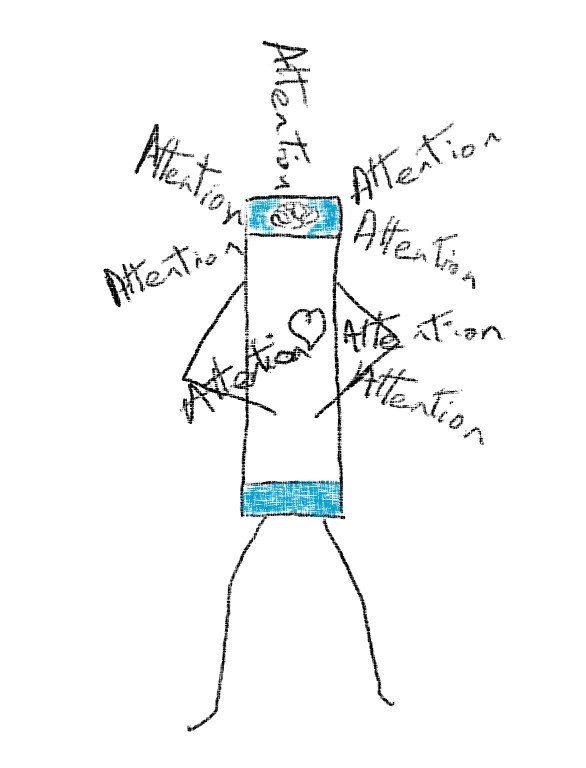
Parental attention is behaviour 'rocket fuel'.
Give it to the wrong behaviours and you'll pay the price for years to come.
Resorting to Bribes, Threats and Punishments

These particularly damaging forms of control have no place in respectful parenting.
Is it possible to live without them?
Locked into a Pattern of Protracted Negotiation
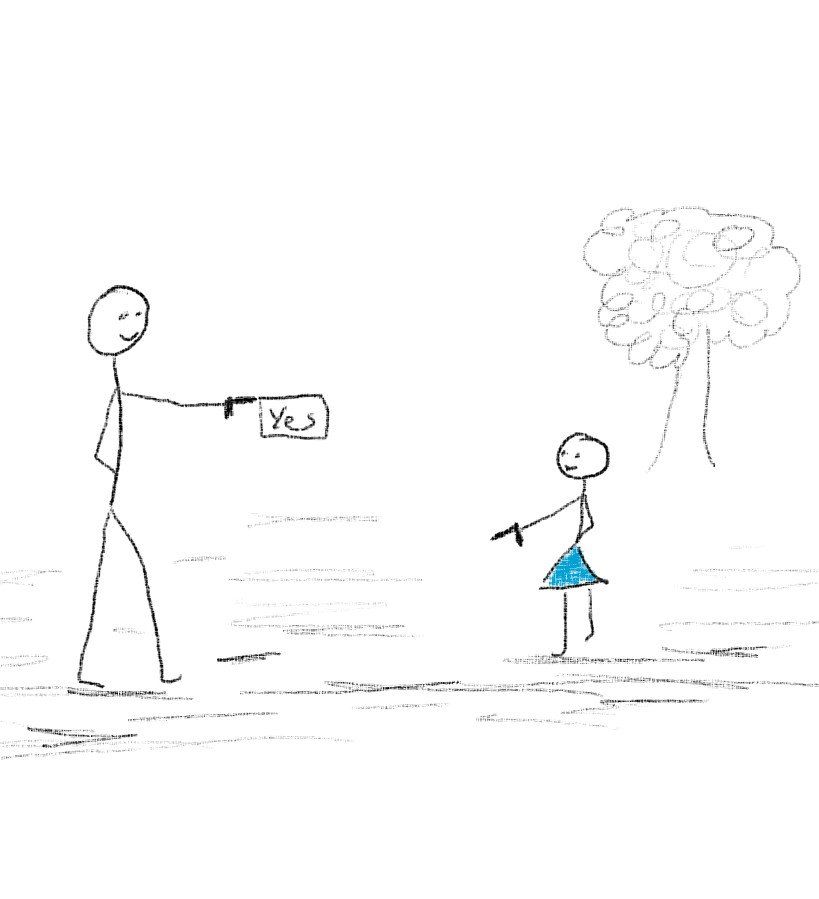
Children can fight longer, harder and dirtier than most adults, so why try to compete?
Learn to avoid unwanted negotiations.
Stepping In Too Soon and Too Often
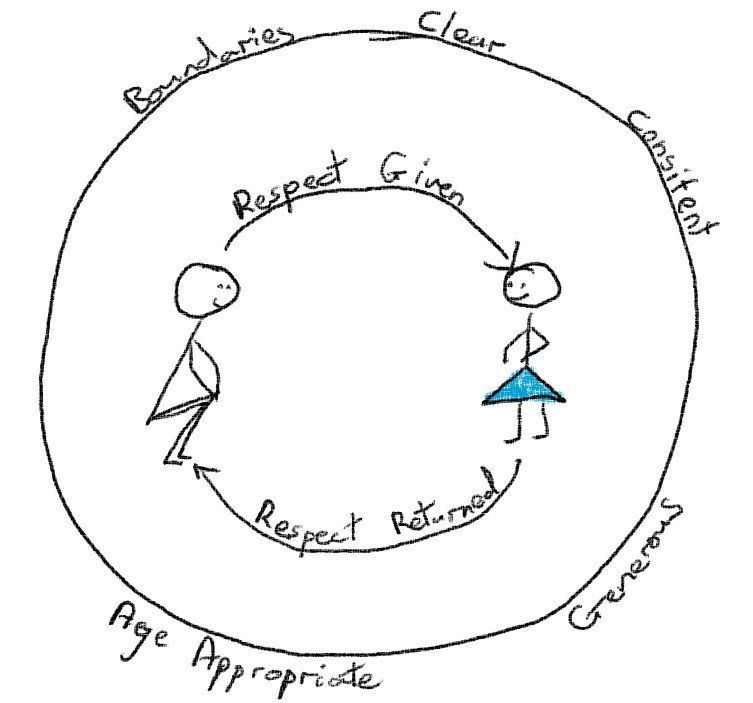
We all know that children won't learn for themselves if we keep doing it for them.
So why do we find it so hard to give them the time and freedom to learn their own self-control?
Reacting to a Reaction

How often do we find ourselves telling our children to control their emotions when we've lost control of our own?
The reality is that children's emotions are very close to the surface. They can react to the slightest thing.
If we then react to that reaction we are only fuelling the flames.
Making Mealtimes a Battleground
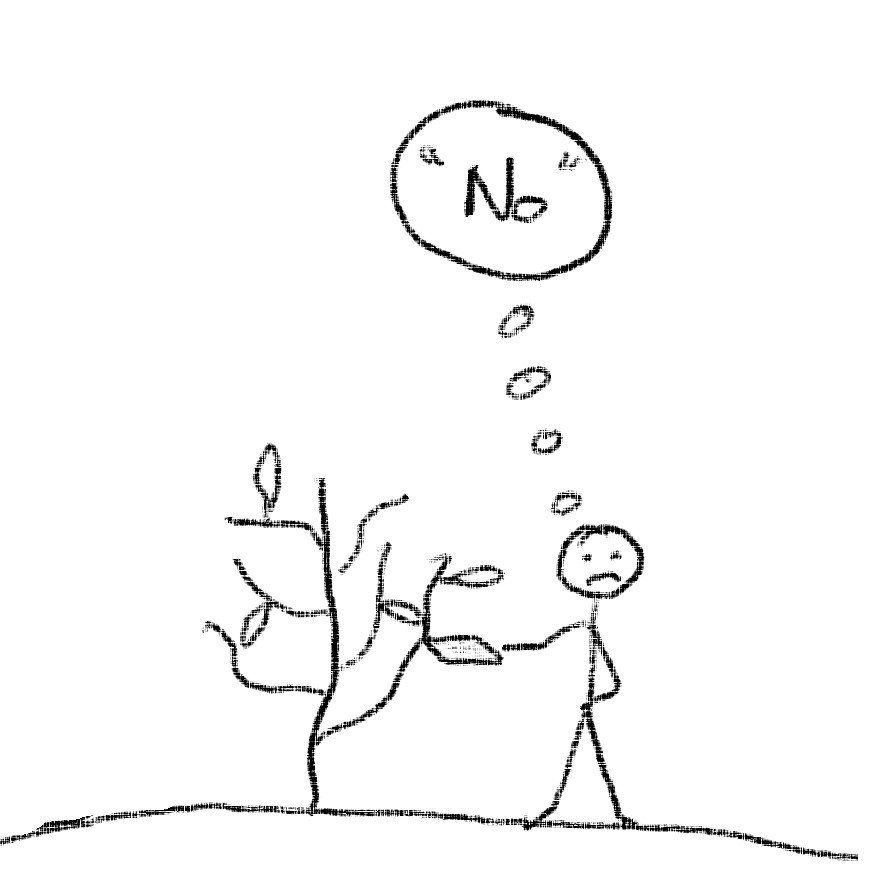
Helping to create a healthy attitude towards food is one of the greatest gifts we can give our children.
Unfortunately, modern family life makes doing so orders of magnitude more difficult than it has been at any other point in human evolution.
We need to swap sides, diffuse the battles and provide plenty of safe learning opportunities.
Being Inconsistent

How can we expect our children to learn the rules if we apply them inconsistently?
Yet we are human too and it's hard to be totally consistent.
The key to establishing rules is to explicitly manage the exceptions.
Blaming Them for Their Behaviour

It's easy to take the credit when our children are being good and blame them when they're not.
The reality is that almost all misbehaviour is attributable to us and the sooner we recognise that the sooner we can set about fixing it.
Giving Them Permission To Misbehave

There are various ways that we unwittingly give our children permission to misbehave.
From the example we set, to telling them they're bad or naughty, or even telling them to be good.
Teaching by Lecture Rather Than Example

"Do this, don't do that, sit straight, say 'please'."
I think, deep down, most of us know that children don't learn from what we tell them. So why do we carry on telling them?
Handing Them Too Much Power

"You can lead a horse to water... But..."
What happens when you try to control something you've got no real control over?
You hand the power to them to control you instead.
It's subtle, it's simple and it's at the heart of much broken parenting.
Persuading Rather Than Engaging

Trying to persuade a child of a course of action when they have no choice is always going to put you in a weak position, while giving power to them.
Not Available Yet
Children are very good at remaining unpersuaded.
Engagement on the other hand is a legitimate sharing of power and control.
Encouraging Dishonesty

Learning to tell the truth is part of growing up.
It can't be taught, it needs to be nurtured.
If you ever react negatively to the truth your children will quickly learn to be dishonest.
Talking Too Much

It's great to talk to young children. It makes a big difference to language development.
But, when the talking is actually a constant stream of commands, or information, children will quickly switch off making it difficult to get through to them when you really need to.
Saying 'No' When You Should Say 'Yes'

If we lived with a permanent minder who's default response was 'No' we'd soon get fed up.
I try hard to stick to the rule "say 'yes' or say nothing".
I don't always succeed, but I know there's only a limited number of times I can say 'no' before there will be a price to pay.

